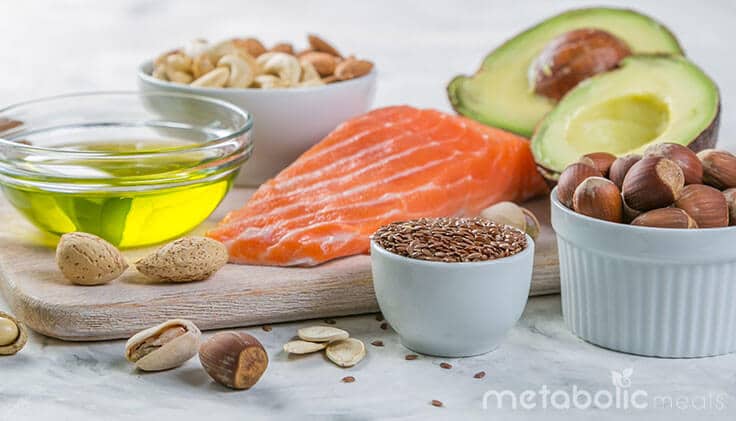ARTICLE AT A GLANCE
Attention deficit/hyperactive disorder, or ADHD, is most commonly diagnosed in adolescence, but it can affect people of any age. Characterized by uncontrollable hyperactivity, an inability to pay attention, and highly impulsive behavior, ADHD can pose problems for those who have it.
Children with the disorder can exhibit behavioral problems in school and social situations that heavily impact their learning and ability to get along with others. For adults, those same symptoms can lead to forgetfulness, trouble controlling emotions, and even substance abuse that dramatically affect their careers and home lives.
Experts have yet to pinpoint a specific cause for ADHD, but they have discovered a few common traits in patients. For example, neuroimaging has shown that patients with ADHD sometimes show distinct brain wave activity during certain scans. Research has also found that up to 80 percent of ADHD cases are hereditary.
The quality of nutrition is another common link. We know that nutrients affect everyone’s mental and emotional health. If you’re managing a neurological disorder such as ADHD, then understanding those effects is especially important.
The Biggest Nutritional Impacts
The negative health impacts of some modern foods are well-known. For example, refined sugar increases hyperactivity, makes it harder to concentrate, and influences mood swings. Researchers have also known since the 1970s that food coloring and additives, especially those found in candy, soda, and some yogurts, are just as harmful.
While it might not directly make you more hyperactive, unhealthy saturated fat can influence ADHD symptoms by heightening inflammation in certain brain regions. Studies suggest this inflammation and resulting changes in the brain’s cytokine production can change the way ADHD-related neuropathways function.
However, the right nutrients have opposite effects. Unlike saturated fat, healthy omega-3 fatty acids help control inflammation and support cellular functions. In a study conducted at the University of Gothenburg in Sweden, 35 percent of children and adolescents with ADHD saw significant improvement in symptoms after increasing their omega-3 intake for six months.
Similarly, B vitamins are crucial to brain health at all ages. They’re the main source of energy for your brain cells and are vital for DNA/RNA repair. They also help synthesize a variety of neurochemicals. Essential minerals such as iron and magnesium are also essential for brain health, and deficiencies have been linked to increased ADHD symptoms in children.
3 Nutritional Tips for Managing ADHD
Experts still have much to learn about ADHD and how nutrition’s impact on it could lead to more successful treatment and management plans. Fortunately, we have a clear enough picture of nutrition’s effect on the brain to use it to our advantage. Follow these tips to optimize your brain’s health and function:
1. Trade unhealthy fats for healthy ones.
The benefits of healthy fats are undeniable, as are the negative consequences of consuming excess unhealthy saturated fats. Beneficial fats, including omega-3s, are considered monounsaturated or polyunsaturated and have to be consumed through your diet. They’re most often found in vegetables, nuts, seeds, fish, and the oils derived from these foods, as well as grass-fed beef and butter.
2. Eat naturally sweet foods instead of refined sugar.
Refined sugars and processed carbs should be avoided in general due to their adverse health effects, but even more so because they amplify symptoms of ADHD. Too much refined sugar can also lead to mineral deficiencies, which makes these symptoms even more pronounced. Instead, opt for fresh fruit- and vegetable-based carbs such as sweet potatoes and squash.
3. Make every nutrient in every meal count.
While avoiding these unhealthy influences, it’s also important to fill your diet with nutrient-dense meals that feature proteins, healthy fats, and vegetables. Eat well-balanced meals with plenty of healthy, vegetable-based carbs. You’ll need them to balance your blood sugar, feed your brain enough minerals and vitamins, control inflammation, and more. Worried you won’t get enough nutrients on your own? Consider a meal prep and delivery service to ensure that you’re consuming high-quality nutrients all day long.
We truly are what we eat — and that’s true for both our physical and mental health. If you have ADHD, then it’s even more important to pay close attention to what you feed your brain. Avoid processed sugar, additives, and saturated fats that adversely affect these pathways. Instead, focus on healthy fats, B vitamins, and essential minerals that boost your brain’s function.










